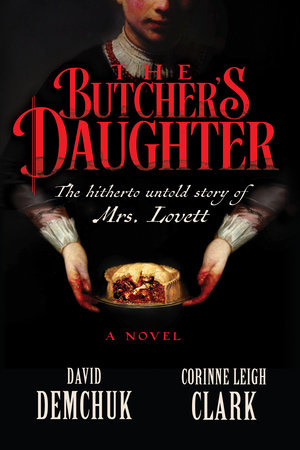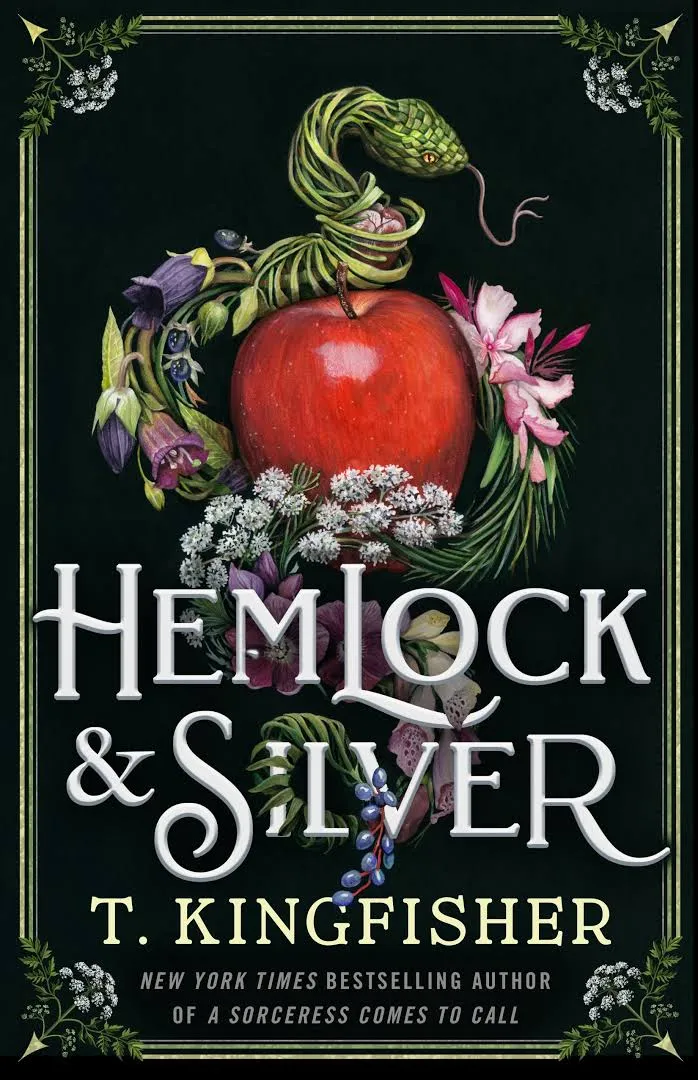For The Brave Souls Seeking Their First Publication
- Chyina Powell

- Sep 28, 2021
- 3 min read
Here are a few tips for all of those writers who have finally struck up the nerve to seek publication. Whether it is in a journal, a chapbook or a full book-length project, here are a few tips for you. I hope you find these tips helpful and use them to your advantage.
Always read what that press or publication has published.
Just because you have an amazing story doesn’t mean it will get published. If you don’t have an agent make sure you are submitting to the right publication by reading some of the works they have previously published. If what they publish is in the same vein, you may have a good shot.
Use helpful sites to search for journals and presses that don’t charge reading fees, such as:
Submittable.com
Publisher’s Weekly
Poets & Writers
Never be afraid to reach out, unless thy specifically say no calls or emails. Most presses and literary magazines say that they need at least 60 days from the time they receive your work. Make sure you don’t submit that particular work again unless they are fine with simultaneous submissions and the other press is as well.
Edit. Edit as though your life depended on it but don’t do anything to your work you feel uncomfortable with. Don’t chop off two hundred words because a magazine has a word limit. Either use a different story or choose a different publication.
It is perfectly valid to be published by a small press, a university magazine, online and the like. However, make sure that the places you publish keep good records, are accessible and will have meaning for you later on.
No self sabotage. Don’t feel as though you cannot submit because:
You’ve never been subscribed to that magazine or press.
You aren’t established as a writer.
The writers they seem to publish don’t share your background.
Because you don’t have some status that you think others may have.
Don’t be a fool. No respected publication will ask for more than a $20 reading fee. Truth be told, I am against reading fees altogether, but some contests require them. If you submit to a contest make sure that your piece will also be considered for general publication. That way, even if you don’t win you may still be published. But try and stay away from expensive publications. It is a waste of time and money.
If that publication doesn’t take unsolicited works, find an agent. You can find one at any of the sites above or in numerous literary magazines and sources such as:
The New Yorker
The Writer’s Chronicle
Writer’s Market
Keep track of what you submitted, where and when. That way it is easy to know when you can respect a reply, when you should reach out and what you can submit for consideration elsewhere.
Don’t let rejection bum you out. Rejection is fine, trust me I have dealt with it and so has any other person who calls themselves a writer. Instead, take every email or rejection notice and do something fun with it. I know someone who shreds them and uses the pieces in decou-page. Pretty fun, right? And at least that closure lets you take it somewhere else.
And remember to be careful. Although putting things on your blog or social media may seem like an easy way to do things, it isn’t the best way. Once it’s up for free no one will take it. Save your best work for publication and if you want advice join a writer’s circle. If you wish to have a portfolio on your blog, use previously published works and make sure that it is okay with the publisher.




Comments